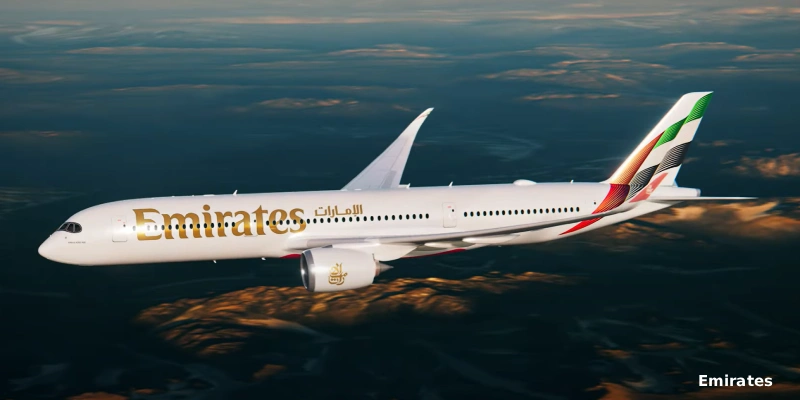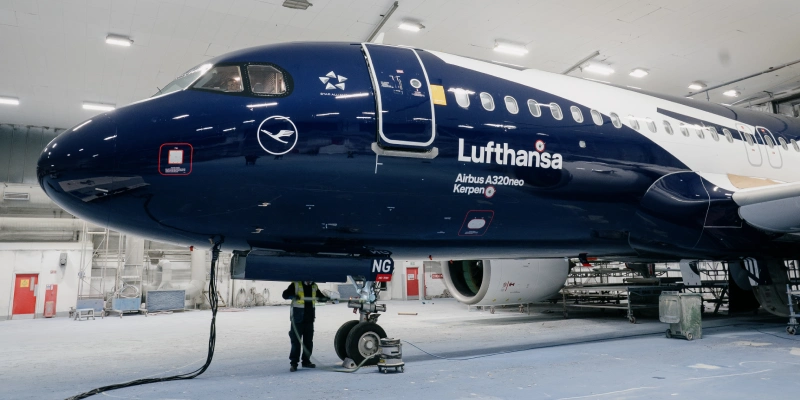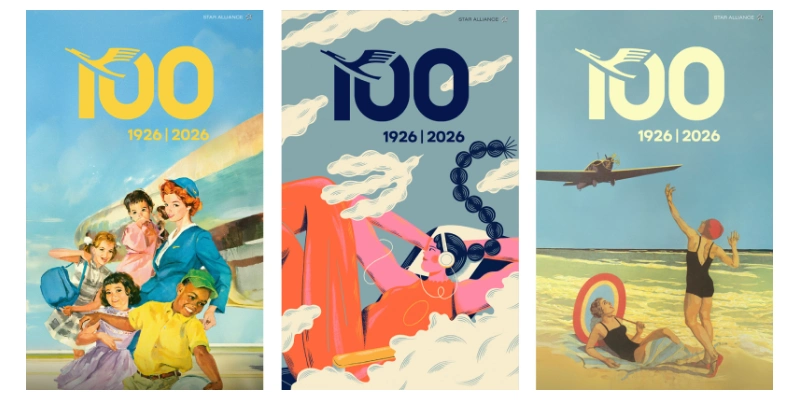The Emirates Group has announced an unprecedented financial performance for the first half of the 2025-26 fiscal year, reporting a profit before tax of AED 12.2 billion (US$ 3.3 billion), marking the fourth consecutive year of record results for this period. After accounting for tax charges, the net profit reached AED 10.6 billion (US$ 2.9 billion), a 13% increase compared to the previous year.
The Group’s EBITDA stood at AED 21.1 billion (US$ 5.7 billion), a 3% improvement over the AED 20.4 billion (US$ 5.6 billion) recorded in the same period last year. Total revenue reached AED 75.4 billion (US$ 20.6 billion), representing a 4% growth compared to the AED 70.8 billion (US$ 19.3 billion) reported previously.
Financial Strength and Operational Expansion
As of September 30, 2025, the Emirates Group closed the half-year with a record cash position of AED 56.0 billion (US$ 15.2 billion), up from AED 53.4 billion (US$ 14.6 billion) on March 31. This financial strength allowed the Group to fund new aircraft deliveries, meet debt obligations, and complete the payment of AED 2 billion (US$ 545 million) in dividends, part of the AED 6 billion (US$ 1.6 billion) declared for the 2024-25 fiscal year.
The Group also increased its workforce by 3% compared to March, reaching 124,927 employees by the end of September, in response to expanded operations and business activities.
His Highness Sheikh Ahmed bin Saeed Al Maktoum, Chairman and Chief Executive of Emirates Airline and Group, stated: “The Group has once again surpassed last year’s results, achieving a new half-year profit record for 2025-26. Emirates maintains its position as the world’s most profitable airline for this period.”
The executive attributed this performance to strong global demand and growing preference for the Group’s products and services, as well as continued investments in innovation, technology, and customer experience.
→ Emirates Reduces Unexpected Severe Turbulence with New Initiatives
Emirates Airline: Network and Fleet Expansion
During the first six months of the fiscal year, Emirates launched new routes from Dubai to Danang, Siem Reap, Shenzhen, and Hangzhou. As of September 30, its passenger and cargo network spanned 153 airports across 81 countries and territories. Additionally, 28 weekly flights were added to destinations including Antananarivo, Johannesburg, Muscat, Rome, Riyadh, and Taipei.
The airline signed codeshare and interline agreements with Air Seychelles, Condor, and Aurigny, expanding connection options for its customers.
Between April and September, Emirates took delivery of five new Airbus A350 aircraft, incorporating more Business Class and Premium Economy seats. It also completed the interior refurbishment of 23 aircraft (6 A380s and 17 Boeing 777s) as part of its US$ 5 billion modernization program. By the end of the half-year, the Premium Economy product was available on flights between Dubai and 61 cities.
Ground Innovation and Sustainability
At Dubai Airport, “Emirates First,” an exclusive check-in area for First Class customers and Skywards Platinum members, was inaugurated. The airline’s retail strategy was strengthened with new outlets in Accra, Bangkok, Geneva, Jakarta, Mauritius, Osaka, Seoul, and Singapore.
In the environmental sphere, Emirates advanced the use of Sustainable Aviation Fuel (SAF) at 37 airports and joined the Aviation Circularity Consortium (ACC) to promote circular economy practices in aviation.
Operational Results and Air Cargo
Total capacity increased by 5%, reaching 31.3 billion Available Tonne Kilometres (ATKM). Seat capacity (ASKM) also grew by 5%, while passenger traffic (RPKM) rose by 4%, with an average passenger seat factor of 79.5%, slightly below the 80.0% from the previous year. Emirates carried 27.8 million passengers between April and September, a 4% increase compared to the same period in 2024.
In cargo, Emirates SkyCargo moved 1.25 million tonnes, a 4% increase, although yields decreased by 6% due to lower demand in certain segments and tariff concerns. The division received three new Boeing 777 Freighter aircraft and launched Emirates Courier Express, a door-to-door service for business express shipments.
This performance reaffirms the Emirates Group’s position as a global leader in aviation, with a strategy focused on expansion, innovation, and sustainability, aligned with Dubai’s growth as a leading global city.
Related Topics
Lufthansa Deploys Its Centennial Fleet: A320 and A350 Join the 787 with Special Livery for 100 Years
Several European Airlines Continue Avoiding Flying Over Iran and Iraq Despite Airspace Reopening
London’s Heathrow Airport Gives Green Light to Third Runway Planning Application
Lufthansa Marks 100 Years of History with a Visual Campaign

Plataforma Informativa de Aviación Comercial con 13 años de trayectoria.




